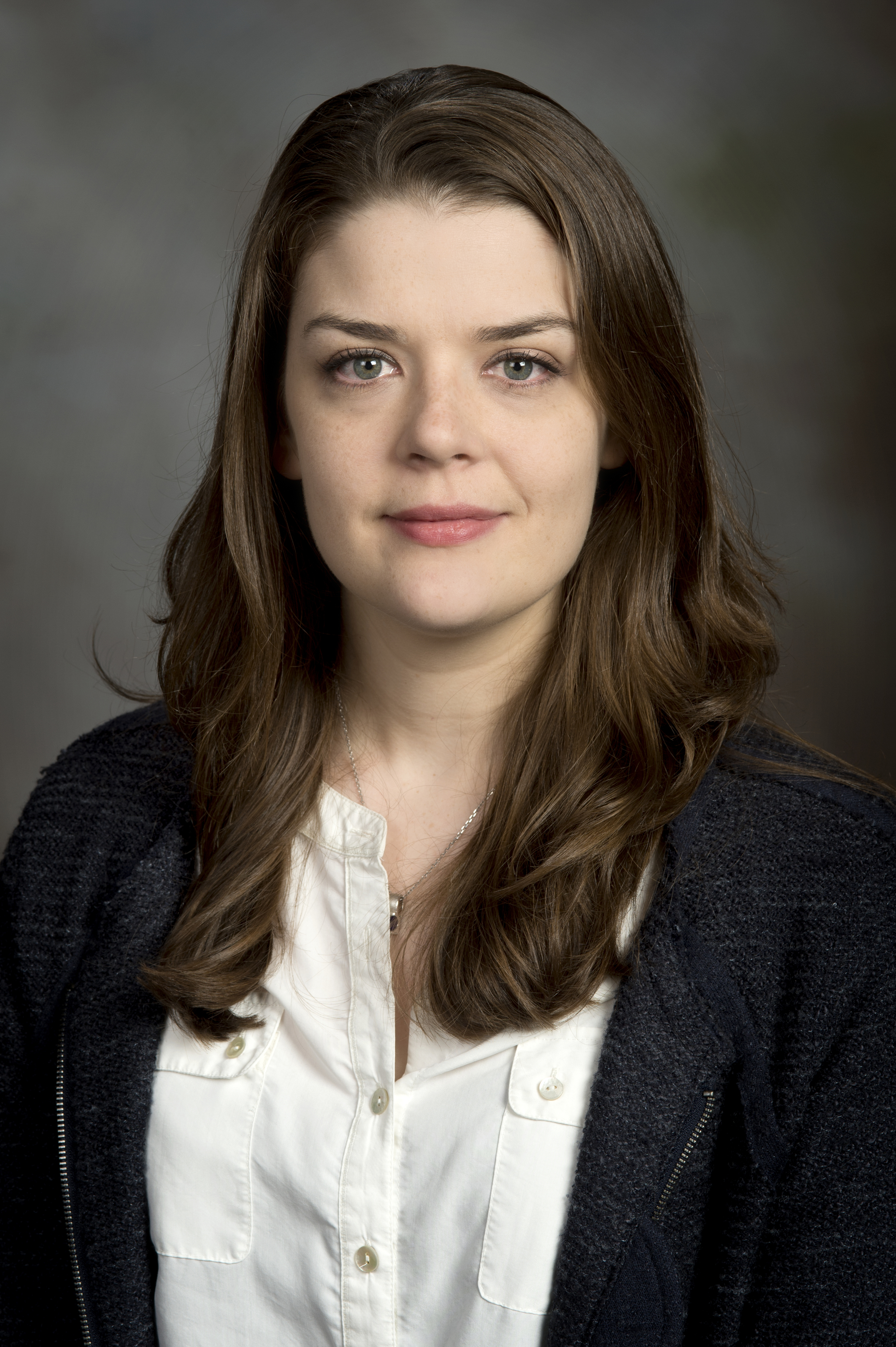Allison Tegge wins National Institutes of Health fellowship to study liver's cellular processes

Allison Tegge, a post-doctoral associate researcher with Virginia Tech’s Department of Computer Science, has been awarded a three-year National Institutes of Health fellowship worth $150,000.
Tegge was awarded the Individual Postdoctoral Fellowship, also known as an F32, by the National Institute of Environmental Health Sciences through the Ruth L. Kirschstein National Research Service Awards program. The fellowships provide up to three years of support for promising postdoctoral researchers who have the potential to become productive, independent investigators within the broad scope of biomedical, behavioral, or clinical research, according to the agency’s website.
The fellowship is tied to Tegge’s work on researching how liver cells signal one another. The process is not yet understood and is a focal point of research by Virginia Tech College of Engineering faculty Padma Rajagopalan, associate professor of chemical engineering, and T. M. Murali, associate professor of computer science. Murali and Rajagopalan will co-mentor Tegge on her research.
Rajagopalan has developed an in vitro 3-D bioengineered liver tissue that contains three major cell types. In humans, the liver is primarily responsible for metabolizing foreign compounds such as alcohol, cigarette smoke, and drugs. Rajagopalan and Murali are collaborating on discovering how these cell types may be communicating with each other in order to maintain cellular function.
Their combined team is working on the effort as part of the Virginia Tech Institute for Critical Technology and Applied Sciences’ Center for Systems Biology of Engineered Tissues, with funding from the National Science Foundation and the Environmental Protection Agency. Tegge’s work focuses on the computational aspects of the research. She is developing computer algorithms that in essence will discover the code for inter-cellular signaling within the liver, which, in turn, could lead to a similar understanding of other body organs.
“Allison’s research is at the interface of computer science and tissue engineering, and it will map how protein pathways that mediate inter-cellular signaling may be perturbed by exposure to environmental chemicals,” said Murali. “She will develop cutting-edge graph-theoretic algorithms to discover these patterns.”
Part of the in-lab research by Rajagopalan involves exposing the liver tissue models to various toxic environmental chemicals. Researchers then watch and test how the cells within the sample react to the administration, including activation of protein signaling pathways. Tegge’s algorithms will help “discover” which protein pathways create a signal that can cause observed changes in gene expression, added Murali.
“This award from the National Institutes of Health is a testament to the promise of her research,” said Murali. Tegge has been working on the research for nearly two years, and wants to use the fellowship to move into an academic research track, becoming an independent researcher.
Tegge obtained her bachelor’s and master’s degrees from the University of Illinois in 2006 and 2008, respectively, and her doctoral degree in informatics from University of Missouri, Columbia, in 2012.




